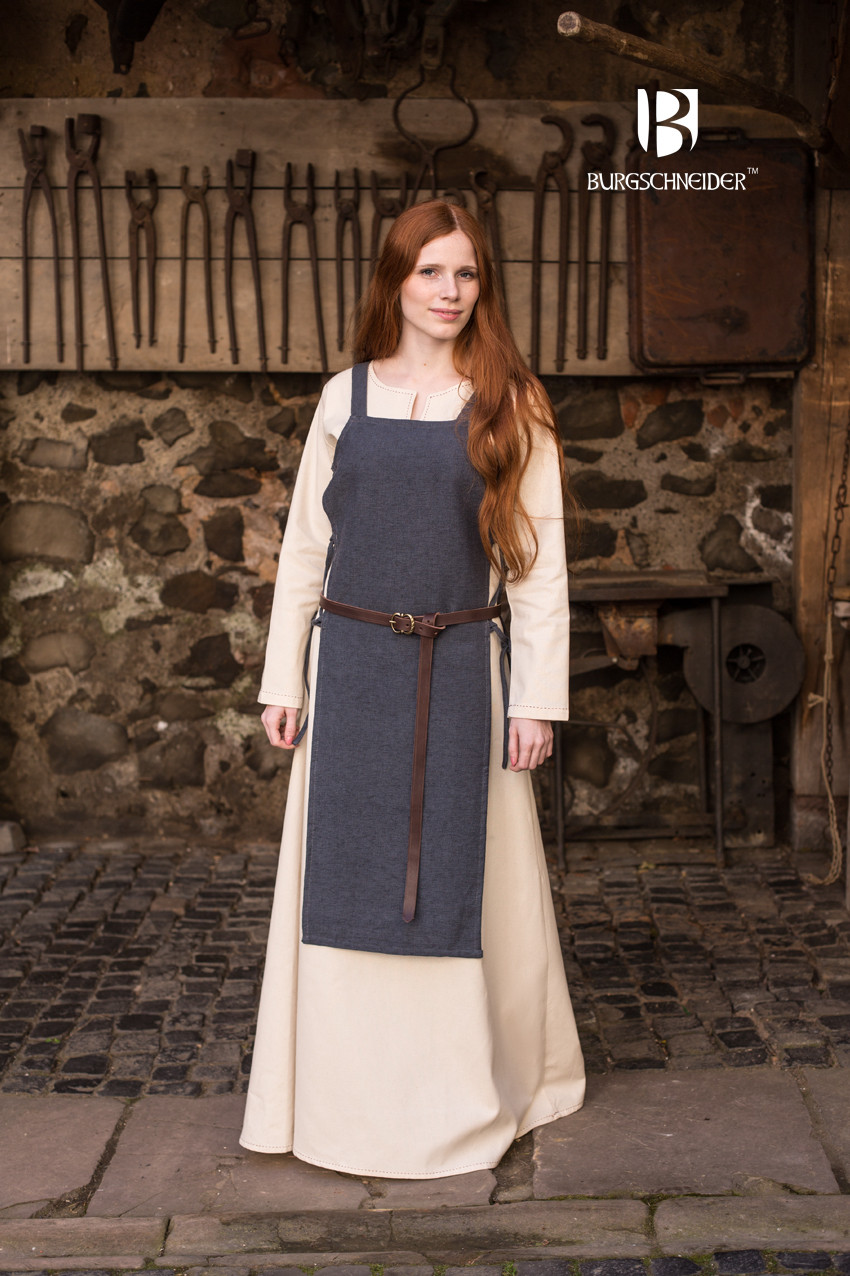Introduction to Medieval Clothing for Women
Medieval fashion was a period of rich and diverse styles, with clothing for women reflecting a sense of elegance and sophistication. This article will explore the various aspects of medieval attire for women and provide insights on how to modernize their timeless elegance for today’s fashion.

Historical Context of Medieval Clothing
Understanding the historical context is crucial when delving into medieval clothing. The period, which spanned from the 5th to the 15th century, was marked by significant changes in society, culture, and fashion. Women’s clothing evolved from simple tunics to more elaborate gowns and dresses, reflecting the social status and wealth of the wearer.

Key Elements of Medieval Women’s Clothing
Key elements of medieval women’s clothing include the kirtle, gown, and surcoat. The kirtle was a simple, fitted garment worn under the gown. Gowns were long and often featured intricate embroidery or beading. Surcoats were worn over the gown, adding an extra layer of style and protection.

Accessories and Jewelry in Medieval Fashion
Accessories and jewelry played a vital role in medieval fashion. Headwear such as wimples and veils were common, while belts and brooches added a touch of elegance. Jewelry was often made from precious metals and stones, reflecting the wearer’s social status and wealth.

Modernizing Medieval Elegance
Modernizing medieval elegance involves incorporating elements of medieval design into contemporary fashion. This can be achieved through the use of fabrics, patterns, and silhouettes inspired by medieval attire. By blending these elements with modern styles, one can create a unique and fashionable look that honors the past while embracing the present.

Conclusion
In conclusion, medieval clothing for women offers a wealth of inspiration for modern fashion. By understanding the historical context and key elements of medieval attire, one can create a stylish and elegant look that pays homage to the past. Whether through the use of accessories, fabrics, or silhouettes, the elegance of medieval clothing can be modernized and enjoyed in today’s fashion landscape.






